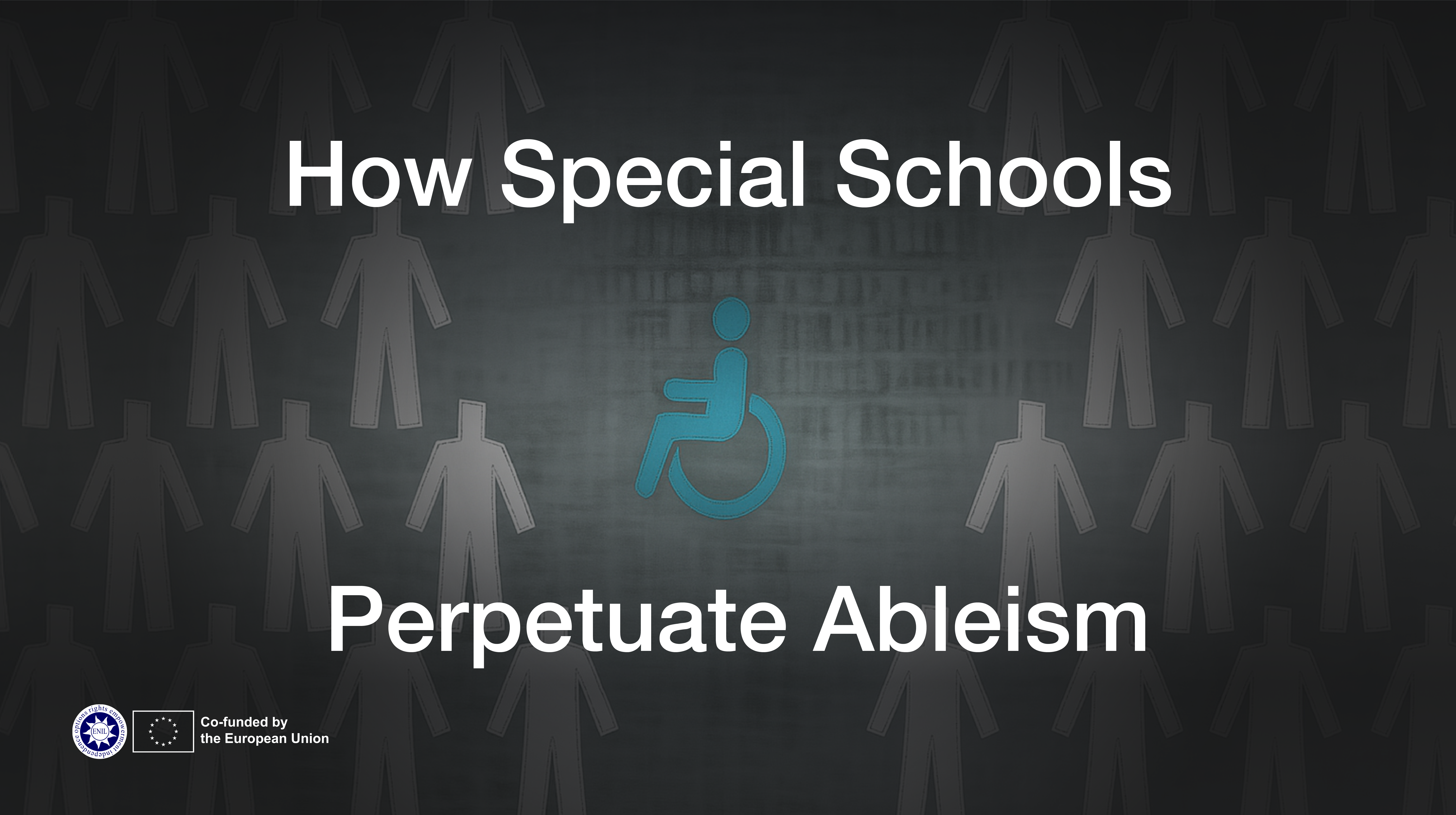It is 10 years today – the 22nd January – that the UN Convention on the Rights of Persons with Disabilities (CRPD) entered into force in the European Union. Or in simpler terms – it became law. We wanted to use this occasion to look back and briefly consider the impact of the Convention, from the perspective of independent living and ENIL as an organisation.
1. To start with, we can say that the CRPD has had an overall positive influence. The fact that the European Union is a party to the Convention has provided a roadmap for all of its laws, policies and actions in the years to come. In all the areas where the EU has competence, be it exclusive or shared with the Member States, the CRPD applies. So, even though all the 27 Member States also ratified the CRPD, is it important that EU is a party itself.
2. It is important to bear in mind that the CRPD applies across all areas, therefore has contributed to mainstreaming of disability at the EU level and internationally, through the EU’s external policy. Much more work needs to be done, but some progress has been made over the last 10 years.
3. As the only international treaty that the EU ratified, the CRPD has given disabled people at EU level additional avenues for challenging violations of their rights. International law is not always easy to implement – and is often ignored – but it is a legal tool.
4. The CRPD has brough in a new paradigm, of disabled people as rights holders, and has made the ‘nothing about us without us’ demand a conditionality. Thus, EU institutions have an obligation, under the CRPD, to include disabled people in all decisions that are being made. There is much room for improvement, but we have something to challenge the medical model and the various attempts of non-disabled people to decide what is best for disabled people.
5. To move on to the negatives, these 10 years have been a major disappointment for many people, who expected real changes and improvements in their countries. Not many disabled people have felt the positive effect of the EU’s ratification in their lives. Some probably have no idea the EU ratified the CRPD at all. For many, things have gone backwards, thanks to austerity measures and more recently the Covid-19 pandemic.
6. Ten years on, we still do not have freedom of movement for disabled people in the EU. For many, moving to another Member State to study or work – a basic right of EU citizens – is only a dream. Personal assistance users still cannot get personal assistance if they change countries, making the prospect of moving impossible.
7. There is still a lack of understanding at EU level about independent living. This right, which is really a cornerstone of the CRPD, is still being questioned and challenged. We are not seeing fewer people in institutions, nor are many more people able to live independently in the community, with real choices and control over their lives. On the contrary, Member States and countries outside the EU are building new institutions, with funding provided by the EU.
8. Notwithstanding the many initiatives undertaken by the European Commission aiming to improve disabled people’s access to employment, disabled people are still among the poorest in the EU. There are still Member States where some disabled people do not have access to assistive devices, live in inaccessible housing without the basic infrastructure, lack access to food or medicines. This is not acceptable in what are some of the largest economies in the world.
9. There is still no protection from discrimination for disabled people in the EU, other than in the area of employment. Despite the efforts of the disability community, resistance to a horizontal directive remains strong among some of the Member States. Although we now have a law on accessibility and other EU legislation that gives disabled people various rights, until we have overarching non-discrimination legislation, we cannot efficiently challenge disabled people’s exclusion from society.
10. Despite where we are 10 years on, we must look forward and continue using the CRPD to advance the rights of disabled people in the EU and further afield. The new European Disability Strategy, for the next ten years, is about to be published. We must work together to make sure these laws and strategies do not remain promises on paper, and we will continue advocating, monitoring, collecting data, promoting good practices, and following the money. We need to make sure we are not repeating the same demands in ten years’ time, and most importantly, we want the entire EU behind the vision (and right) of independent living for all disabled people, young and old.


